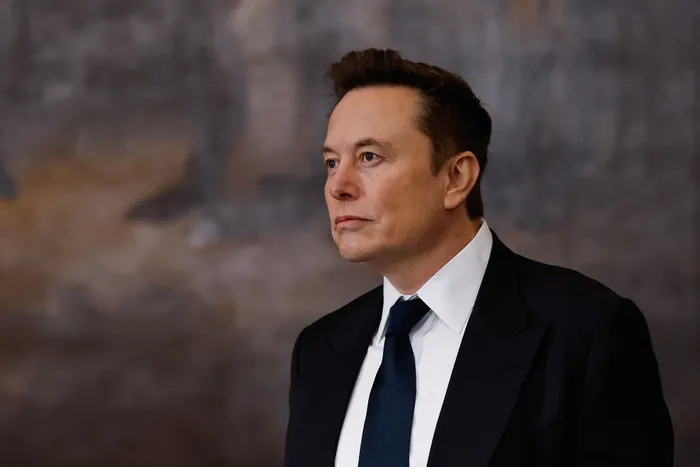
Elon Musk. .
Image: AFP
In a high-stakes courtroom face-off, Elon Musk’s AI venture xAI, backed by his social media empire X Corp, has launched a 61-page antitrust lawsuit against Apple and OpenAI in Texas federal court.
The complaint alleges that the tech giants are colluding to stifle competition within the rapidly growing generative AI market.
Musk contends that Apple’s exclusive integration of ChatGPT into iOS effectively sidelines alternative AI chatbots like Grok, his own creation.
The lawsuit claims that Apple unfairly promotes ChatGPT through default placement, “Must-Have Apps” rankings, and deeper system integration, thus granting OpenAI unrivalled access to billions of user prompts and dampening innovation from rivals.
Musk’s filing frames this as a pairing of “two monopolists”: Apple, intent on protecting its iPhone empire, and OpenAI, seeking to dominate the AI field. The supposed outcome? A serious blow to emerging competitors and diminished choice for consumers.
xAI and X are asking for over $1 billion in damages and a court injunction to cease Apple and OpenAI’s alleged anti-competitive behaviour.
This case could become a landmark in how U.S. courts define an “AI market” and treat platform-level control over software ecosystems.
The lawsuit reflects Musk’s longstanding legal tensions with OpenAI, stemming from their split after he co-founded the nonprofit in 2015 and later sued them over their for-profit transformation, according to the Financial Times.
It also amplifies his battle with Apple’s App Store policies amid wider antitrust scrutiny.
Apple, for its part, maintains the App Store operates fairly, curated via expert and algorithmic processes, while OpenAI dismisses the lawsuit as part of Musk's “pattern of harassment”.
This lawsuit embodies a broader struggle over the future of AI: Will platform owners continue to favour a limited set of partners? Or will startups be empowered to compete, innovate, and integrate at parity?
Musk’s charge strikes at one of tech’s most pressing evolution points, the interplay of power in AI development, distribution, and access on devices we use every day. If successful, it could reshape how AI startups get traction and how platform gatekeepers manage emerging technologies.
